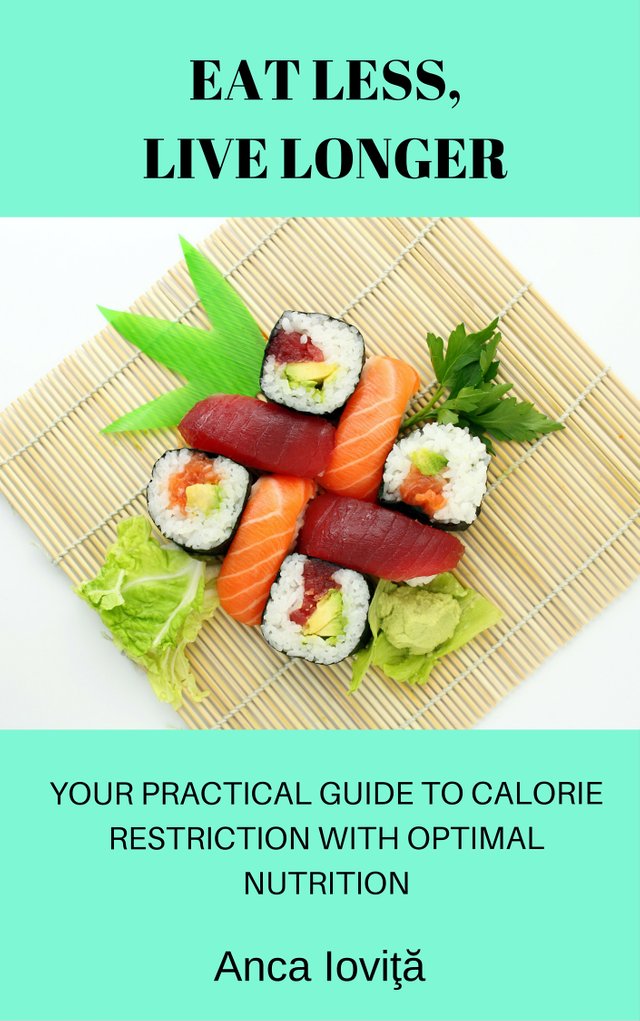
During my third year of medical school I stumbled upon an online article about calorie restriction with optimal nutrition. I read about an apparently simple diet intervention that prolonged the average and maximum lifespan of laboratory animals such as yeast, fruit flies, worms and mice. At that time, I wasn't aware that such experiments were already done on non-human primates too. Honestly, I dismissed it as a curiosity, an intervention that could have some effect in simple organisms such as fruit flies, but something which would never work in complex beings like us. It just seemed too good to be true. Time passed and proved me wrong. Given an early childhood fascination with the limits of life extension, I studied engineering and medicine in an attempt to radically prolong human lifespan. After a short stint of research in neural prosthetics in a German lab, I realized implanting artificial devices into the human body is not a long-term solution. I returned home where I started the medical residency in geriatrics, the branch of medicine specialized in age-associated diseases. A funny thing happened then. Reading about theories of aging is one thing. Daily caring for people 3-4 times your age is a completely different thing and I started to connect the dots. I noticed some people aged like wine and others aged like vinegar. According to their skinny frames and detailed lifetime stories, it looked like calorie intake had something to do with it. That's how I got started in typing the first words for this book.
To read the full book, go to http://longevityletter.com/books/eat-less-live-longer-your-practical-guide-to-calorie-restriction-with-optimal-nutrition/